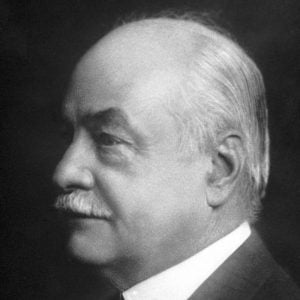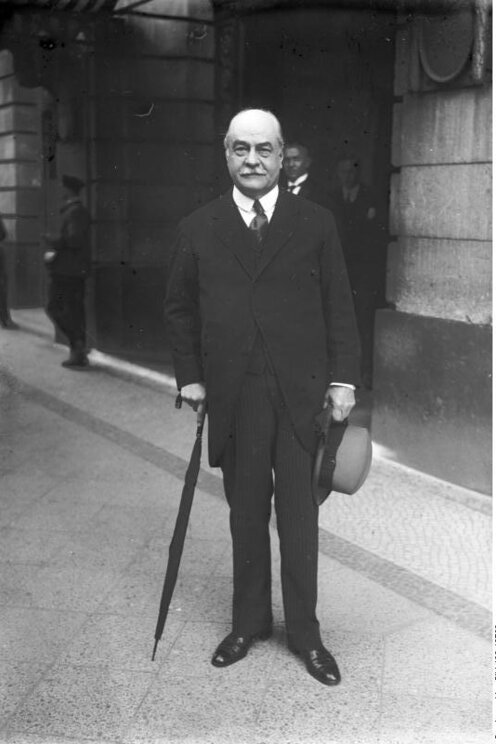Nicholas Murray Butler
Speed read
Nicholas Murray Butler was awarded the Nobel Peace Prize for his efforts to strengthen international law and the International Court at the Hague. He shared the prize with Jane Addams.

Full name: Nicholas Murray Butler
Born: 2 April 1862, Elizabeth, NJ, USA
Died: 7 December 1947, New York, NY, USA
Date awarded: 10 December 1931
Peace efforts among state leaders
Nicholas Butler was awarded the Nobel Peace Prize for his efforts to strengthen international law and the Permanent Court of International Justice. As president of Columbia University, he participated in the Hague Peace Conferences before WWI and had close contacts with many peace laureates and state leaders in Europe. He served as adviser to President Theodore Roosevelt, and in 1910 he was instrumental in convincing multi-millionaire Andrew Carnegie to establish the Carnegie Endowment for International Peace, a fund which Butler directed for many years. During WWI, Butler supported US participation in the war, expelling opponents of the war from the university. He opposed US membership in the new League of Nations in 1919, but he advocated the establishment of the Permanent Court of International Justice in The Hague.
”If there be a man who can truly be called American, then Butler is that man: a greathearted worker and a splendid organizer.”
Halvdan Koht, Presentation Speech, 10 December 1931.
Support for Aristide Briand
After WWI, it was crucial to prevent a new war between arch rivals France and Germany. In 1927, Aristide Briand, French foreign minister and Nobel Peace Prize laureate, proposed a pact between the USA and France. US Secretary of State Frank Kellogg did not want to bind the USA to Europe, but after Butler sparked off a public debate on Briand’s proposal in the New York Times, the USA consented to a multilateral agreement – known as the Briand-Kellogg Pact – that renounced the use of war as an instrument of national policy.
”Indeed, the sooner we all bring our armies and navies down to the status of a police force, the better it will be for the world.”
Nicholas Murray Butler: “Between Two Worlds”, page 93, Charles Scribner's Sons, New York - London 1934.
Butler and WWII
In the 1920s, Nicolas Butler spoke of fascism in a favourable light, and when Hitler assumed power and began German rearmament, Butler did not criticise the German leader. He also supported British Prime Minister Neville Chamberlain’s settlement with Hitler in 1938 that resulted in German occupation of Czechoslovakia. But when WWII broke out, Butler voiced his clear condemnation of fascism and Nazism. He actively opposed isolationists in the USA who did not approve of US participation in the war, and he threatened to fire employees at Columbia University if they spoke out in opposition to the war.

”… Butler is known in every chancellery of the world as well as in its every circle of learning. His voice has been heard in so many parliaments that he may be said to be a member of the Parliament of Man.”
US newspaper New York Times, 11 December 1931.
Learn more
Nicholas Murray Butler was an educator and university president; an adviser to seven presidents and friend of statesmen in foreign nations; recipient of decorations from fifteen foreign governments and of honorary degrees from thirty-seven colleges and universities ...
Disclaimer: Every effort has been made by the publisher to credit organisations and individuals with regard to the supply of photographs. Please notify the publishers regarding corrections.
Nobel Prizes and laureates
Six prizes were awarded for achievements that have conferred the greatest benefit to humankind. The 14 laureates' work and discoveries range from quantum tunnelling to promoting democratic rights.
See them all presented here.
